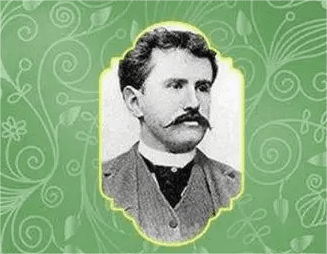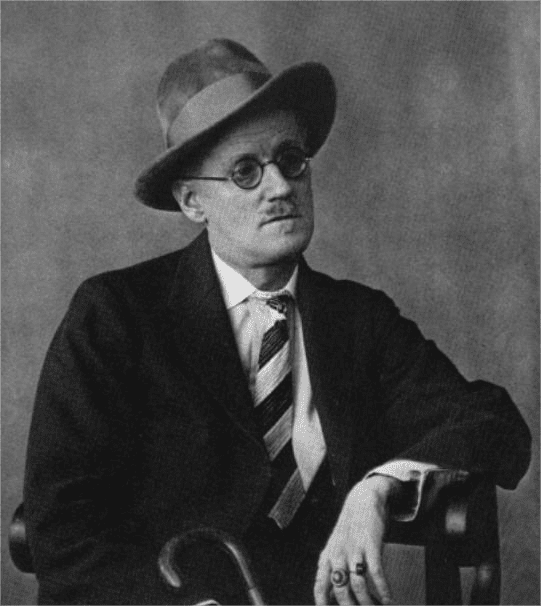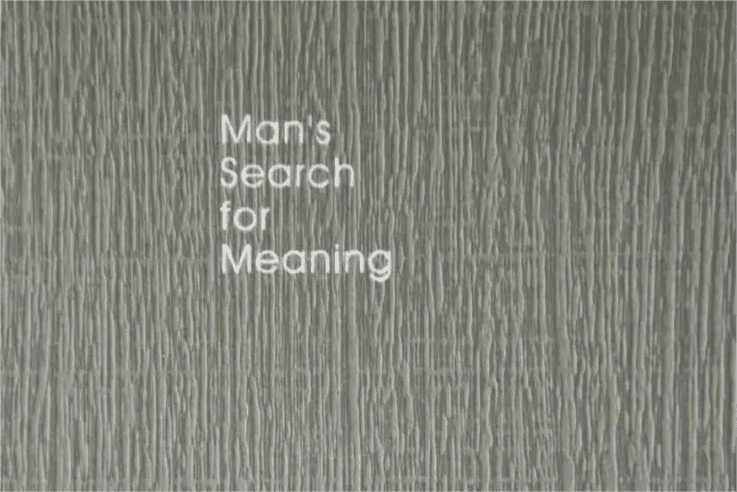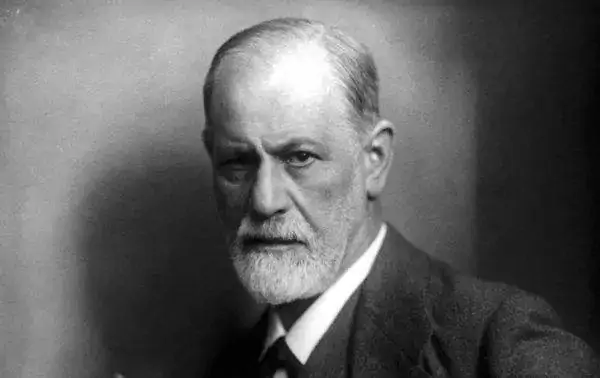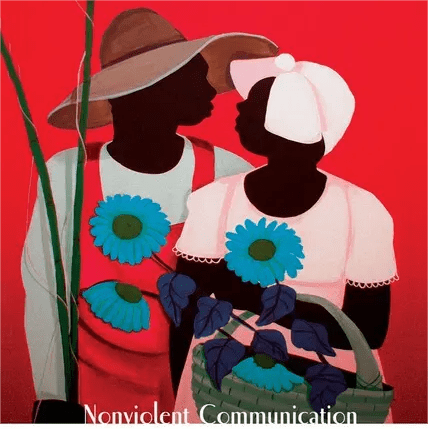The Cop and the Anthem is a short story by American writer O. Henry. The short story tells the story of a poor, homeless homeless Soapy, because of the winter want to go to prison, so deliberately committed crimes, to eat a restaurant, disturb the peace, steal other people’s umbrella, molest women, but these did not let him go to prison; Finally, when he was moved by hymns in church and wanted to start over, the police sent him to prison. The novel shows the miserable fate of the lower class people in the United States at that time.
“The Cop and the Anthem” shows the reader a true picture of American society.The image of Soapy created by O. Henry is a microcosm of the social phenomenon at that time, which reflects the tragic fate of the little people in the lower class of the United States in the form of comedy. The novel makes readers feel as if they are in the streets of New York City, witness the rough and hard life of people at the bottom like Soapy, understand the dirty and vulgar world of the colorful American society, and understand the essence of the American judicial system and social system. Soapy’s misfortune contains a “serious philosophy of life” : the fate of low-class people like Soapy in American society, who are doomed to get stuck in the mud and never get out of it. People can not get rid of the predicament of human ontology, only from the predicament into the predicament.
“Police”, as a state machine, is the holder and executor of laws, representing the regime of the ruling class and a symbol of political civilization, while “hymn” represents the spiritual power of religious morality, leading to the return of humanity and a symbol of spiritual civilization.
In the text, Soapy has five encounters with the police. In the first of her five encounters with the police, the cop running around the corner runs after the driver of the car, which reflects the police’s oblivious, smart-ass style. The second time to flirt with the “good young woman”, but led to the prostitute’s shadow. So the local culture is declining, and the police turned a blind eye, deaf ear. For the third “disturbing the peace”, the police helped to excuse the police, which shows that the police self-righteous, independent style of action. The fourth time to steal the umbrella, the police first “curious” watching him and “umbrella owner” whispering, after seeing a “tall blonde in evening dress”, busy “rushed to help” “accompany her across the road”, this flattering behavior reflects that they are only the slaves of the upper class, only loyal service for the upper class. The last time Soapy, inspired by music, rediscovers herself, she is arrested for no reason. The judicial practice of turning black and white and confusing right and wrong appears on the page. It is precisely by seizing the special signifier identity of the police that O. Henry makes the most profound lash and mockery of the absurdity of the regime and society he represents.
“Hymn” is the spiritual power in the religious kingdom, it can evoke Subine once lost “mother love, roses, ambition, friends, pure thoughts”; It can make him “hate the abyss into which he has fallen, the depraved life, the vile desires, the dashed hopes”; It can make Soapy burst out of “quick and powerful impulse”, make him to “rough destiny struggle”; “He will pull himself out of the mire”; “He wants to turn over a new leaf.” But that spark of optimism was extinguished by the brutal intervention of the police. In the face of political violence, even the spiritual power of Hymn could not change Soapi’s fate. There is a great contrast between a strong political civilization and a weak spiritual civilization.
Although the words “police” and “Hymn” are formally equivalent in the title, they are not equal as the two forces that govern the choice of human existence. In the binary opposition between police and hymn, the state power represented by “police” always dominates and controls the spiritual power represented by “hymn”.
The contrast between Soapy in thin clothes and a lady in a sealskin coat at the beginning of the work sets the theme of the disparity between rich and poor in American society. The rich can “buy tickets to Palm Beach and the Riviera”, “cruise the Mediterranean” or “float on Vesuvius” in the cold winter, while the poor, like Soapy, “toss and turn and cannot sleep” for food and accommodation. In New York City, which seems to be highly developed in material and spiritual civilization, the poor have no food and clothes. Through the gauzy signifier of Subei, O. Henry reveals the living predicament of the bottom people under the polarization and the Epiphany of human nature in the survival predicament.
In the predicament of human existence, there are two kinds of tension restricting the development of human nature. One is the human ontology in the form of individual life, and the other is the various factors that endanger human existence. The tension of human’s survival dilemma is the conflict between human’s survival dilemma and two basic survival wishes, one is the wish of free existence to realize human’s self-perfection, the other is the wish to achieve a harmonious and peaceful living situation, the former is human freedom, the latter is human happiness. In the face of three months of harsh winter, Subie can only abandon the free survival of self-perfection and choose a “happy” survival situation — prison. Because there is no shortage of food and lodging there, and the fellows are congenial. And in the face of their own goals, Subi pains to machine, six times deliberately evil, this is obviously a life in the ultimate plight of the homeless helpless choice, completely exposed his survival in the plight of the lowest level of life to defend the original. Soapy in the pursuit of the most primitive desire of life, but the dramatic mockery of life, his resistance can not make him out of the predicament. Soapi’s plight reflects the plight of those at the bottom who struggle to meet their most basic physical needs. But Soapy is not exactly a willful “evildoer” who went to prison in pursuit of harmony and peace, and completely abandoned self-improvement and the pursuit of freedom. When confronted with hymns, “he will pull himself out of the mire” and “be a new man.” From another level, it reflects the positive and optimistic spirit of the people at the bottom in the survival predicament: they find hope in despair and sink into the pessimistic and passionate optimism, and the endless pursuit of the elusive free existence and ideal life.
With his unique conception and writing style, O. Henry showed the real appearance of the American society at that time and embodied the living conditions of the lower class people. Although people living at the bottom of society have no social or economic status, as an independent person, they are no different from millionaires, just as important, and deserve the same due attention and respect.
Since the emergence of private ownership in human society, human beings have been divided into two basic groups: the poor and the rich. It is true that the rich have greater power and influence than the poor. They not only control the wealth, but also because of the power of this wealth, they hold the state power. It can be said that until the emergence of socialist countries in human history, in capitalist society, the gap between the rich and the poor reached the highest degree in history, and in turn, such class opposition and class contradiction also reached the highest degree in history. Soapy’s dream of going to prison for the winter itself actually contained a merciless attack on the capitalist society, in which a person was deprived of the right to be a good person in a society that, according to the old saying, was supposed to “turn people into ghosts”. Soapy is portrayed in The Cop and the Anthem as a rogue prole who, as a poor man, is naturally unable to enter mainstream society, even by criminal means. Soapy is, so to speak, an outcast, an outcast, a man on the margins of society. But he still wanted to live, so he was sorry that he could not get into prison to survive the winter.
When the church bell again roused his conscience, “he was filled with horror and pain with the recollection of the abyss into which he had fallen, the decadent days, the vile desires, the dashed hopes, the damaged intellect, and the humble motives which had sustained him.” He felt the power of religion in a world where there was no cold, no discrimination, no hatred, so religion became the last refuge for him and other little people like him, the power to transform his soul and give him the courage to face life wholeheartedly.
The seemingly absurd wish of the protagonist Soapy is in sharp contrast to the fact that the outcome of things always backfired. In the final analysis, it is a severe condemnation of the deformed and unjust social reality of the American society at that time. So, although the novel ends abruptly when Soapy is sentenced to three months in prison, if you imagine Soapy’s life after prison, whether he will find a job or continue to live as a vagaband, the answer is not entirely satisfactory, because that is exactly what the novel reveals.


